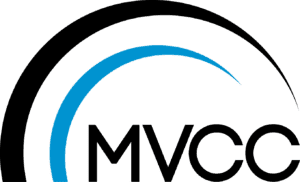
Dive into the heartwarming celebration of creativity and community at the Rosewood Arts Center’s ribbon-cutting event! The recently renovated center stands as a testament to the collaborative spirit of the community, bringing together art enthusiasts, local leaders, and those who have directly felt the impact of this artistic haven. As speeches echoed through the air, community members shared their gratitude and stories, emphasizing the vital role the center plays in fostering artistic expression and cultural connections.
The video beautifully captures the essence of the event, featuring heartfelt testimonials from individuals touched by the Rosewood Arts Center. Attendees’ expressions of appreciation serve as a powerful reminder of the center’s profound influence on the community. The renovated Rosewood Arts Center not only symbolizes a physical transformation but also stands as a vibrant hub where creativity flourishes, bonds strengthen, and the arts become a unifying force for all.
